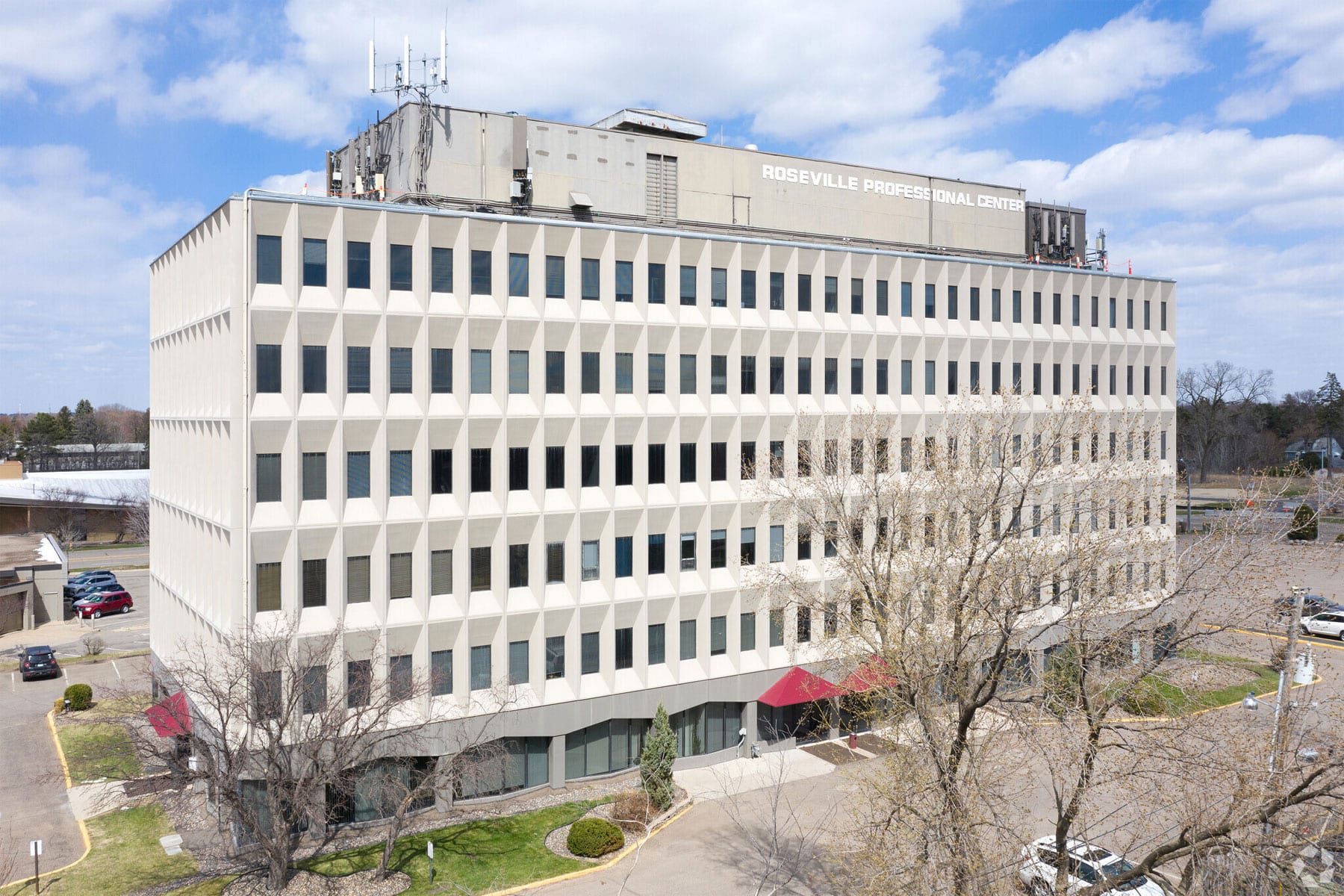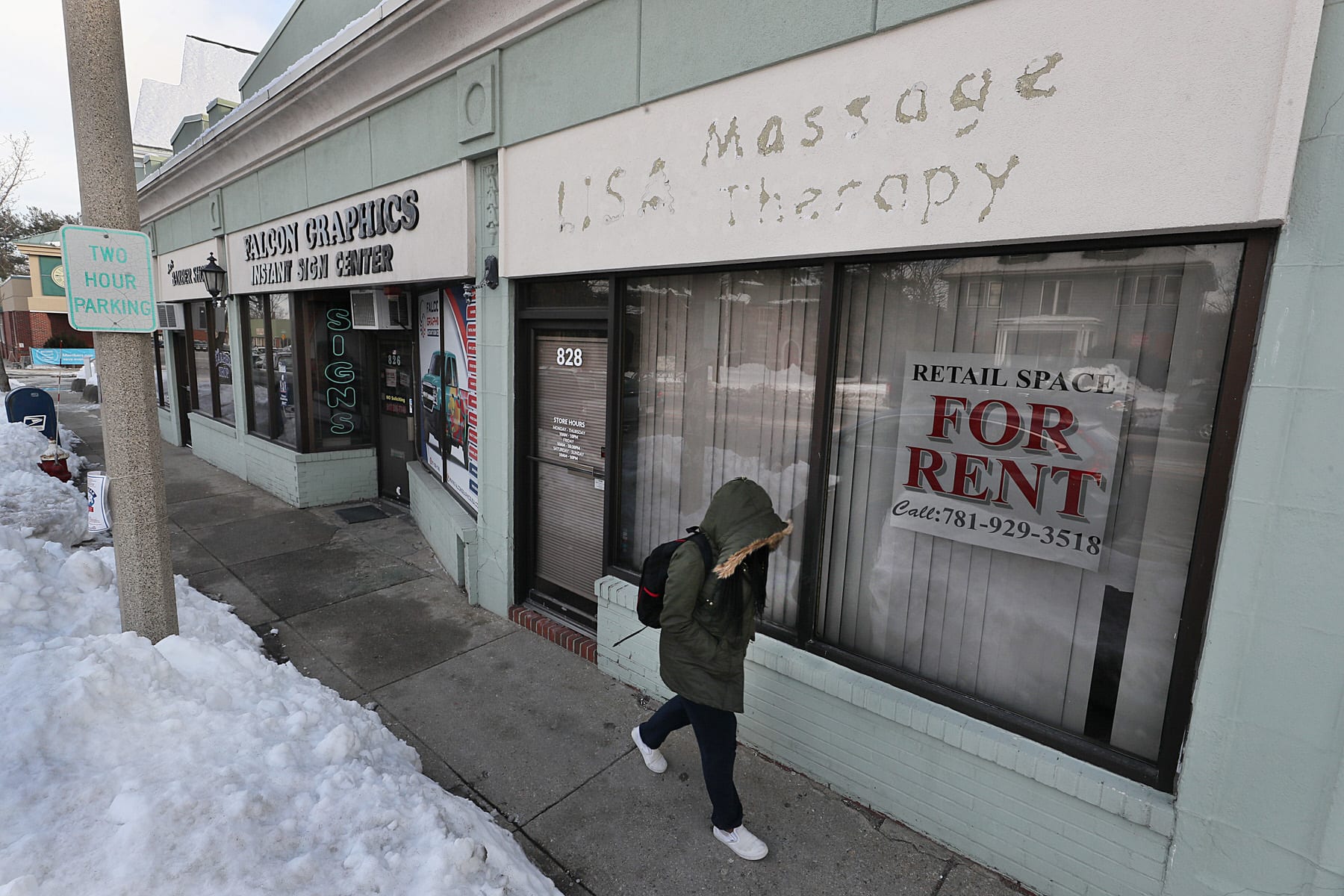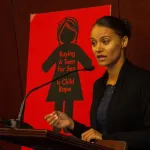Researchers identified at least 18 state-authorized schools across five states suspected of engaging in sex trafficking operations, according to a report published on Wednesday by the Seldin/Haring-Smith Foundation (SHSF). And now a congressional committee is demanding that something be done.
The report’s authors, Ellie Bruecker and Abigail Seldin, wrote that state certification boards suspected these vocational schools of facilitating environments that could be too easily used by traffickers to train their victims for more lucrative work — but Bruecker estimated that the problem is much more widespread.
“I had never heard of this,” said Bruecker, a senior research associate at SHSF. “I thought and hoped that we wouldn’t find much of anything. But to hear about this in multiple states and to have schools named was definitely shocking to me.”
The report highlighted one for-profit school in Minnesota as a case study of how legal loopholes can undermine the current regulatory process. The school, the American Academy of Acupuncture and Oriental Medicine (AAAOM), was ordered by a state authorizer to close by February this year under suspicion of sex trafficking.
State officials found in November 2019 that the school offered two tuina massage programs: one for English-speaking students with appropriate paperwork and another for Chinese-speaking students without these records. Officials flagged 33 students in the Chinese program who were missing various admissions and enrollment information — gaps that the officials said “pose a threat of prostitution and/or human trafficking to AAAOM’s students.” Investigators also found links between four internship site supervisors and prostitution, according to the case study.
The school was sold and now operates as the American Academy of Health and Wellness, which continued AAAOM’s master’s and doctorate degree programs in acupuncture and oriental medicine. It kept its eligibility for Title IV student financial assistance funds and, since 2004, has received more than $21,000 in federal funding; furthermore, its students have borrowed more than $15.6 million in federal loans.
When reached for comment, Leila Nielsen, the school’s chief operating officer from 2005 to 2021, denied that the school was involved in any criminal activity. The only wrongdoing that state investigators found were student files that could have been more “complete and detailed,” she said.
“It is entirely possible that a few graduates of AAAOM’s tuina certificate program are guilty of wrongdoing,” Nielsen said. “If that is proven to be so, they should be held accountable. But AAAOM does not have any control of what its graduates do once they complete the program.”
Nielsen suggested that the school’s founder, Changzhen Gong, and the school’s Chinese-language certificate program — which she said was created at the request from Chinese community members — were “unfairly targeted and maligned” amid a “steadily-building mistrust of China” that has been felt by Chinese and other Asian American people in the United States.
“The majority of graduates of that program are, to the best of my knowledge, decent people who are trying to earn a living,” Nielsen said. “Massage does not automatically equal prostitution.”

In a letter sent on Tuesday to Miguel Cardona, the secretary of Education, the U.S. House Committee on Oversight and Reform, which has broad investigative powers, explicitly cited the new research in a request that the department do more to combat human trafficking.
“The subcommittee would like to work together to determine if any other federal funds are unknowingly being provided to bad actors,” wrote Rep. Raja Krishnamoorthi, an Illinois Democrat. “And I look forward to pursuing our shared goal of protecting against trafficking in America’s schools.”
One of the most prominent laws currently in place to combat human trafficking is the U.S. Trafficking Victim Protection Act of 2000, which has been reauthorized several times. The legislation defined human trafficking as “sex trafficking in which a commercial sex act is induced by force, fraud or coercion, or in which the person induced to perform such act” is younger than 18. The definition also includes “the recruitment, harboring, transportation, provision or obtaining of a person” through force, fraud or coercion.
Existing laws often fail to protect victims — who are typically poor women and girls and undocumented immigrants who have limited access to education, employment and economic opportunities in their countries of origin, according to the Federation of State Massage Therapy Boards, a nonprofit organization made of regulatory state agencies.
Seldin, the chief executive and co-founder of the SHSF, said she started looking into this subject in December 2019 when the foundation was “exploring how to enhance accountability measures in the higher education space.” She had not expected to come across paperwork alluding to sex trafficking, she said.
After receiving a tip about potential trafficking cases, Bruecker led the small research team in trying to find more information but had a difficult time finding public records, news clips or any documentation about trafficking ties to American schools.
“I started with one name of one state authorizer,” Bruecker said. One call led to another. “Eventually, I contacted 90 different state agencies and 57 responded. I talked to 15 on the phone who were familiar with the issue, but the vast majority said they had never heard about this or that it wasn’t happening in their states.”
In addition to the recent case in Minnesota, the researchers found other schools that were disciplined or shut down for “various accounting and record-keeping infractions” that indicate sex trafficking. One school, for instance, operated an alternative website that advertised in Chinese, offered low-rent housing and noted high placement rates in spas owned by a person who had already faced federal investigation. In another incident, state authorizers found students living in a school basement with sleeping bags on the massage tables.
Many of the reports she found had redacted the names of the victims, limiting her ability to dig further, Bruecker said.
I contacted 90 different state agencies… the vast majority said they had never heard about this
Ellie Bruecker, a senior research associate at the Seldin/Haring-Smith Foundation
Betsy Talbot, the state authorizer at the Minnesota Office of Higher Education who investigated the AAAOM case, said that earlier cases and warning signs for suspected sex trafficking activity seemed to be transmitted by word of mouth alone. The community of state authorization agencies, she said in a statement, is “woefully underprepared and underinformed” about trafficking’s existence and impact in post-secondary and higher education.
Debra Persinger, the executive director of the Federation of State Massage Therapy Boards, said that massage therapy is one of the primary vehicles for sex trafficking in the United States. In the last decade, she said, illicit massage businesses have begun fraudulently obtaining licenses as a layer of protection.
Trafficking, she said in a statement, is “absolutely and unequivocally a problem that is going on everywhere.”
The issue is neither new nor uncommon.
A 2017 report on human trafficking published by the Federation of State Massage Therapy Boards found that 6,000 to 9,000 illicit massage businesses are active in the United States. In addition, between 2012 and 2016, the “commercial-front brothel” was one of the top two venues for sex trafficking, according to the report.
Over the course of her team’s investigation, Bruecker said the earliest occurence of trafficking in American schools that she stumbled across was 30 years ago. And she believes the actual number of academic front programs is higher than what is documented because some state authorizers don’t know what red flags to watch for.
Also, Bruecker said, not all states have the proper amount of authority to monitor suspicious activity and levy consequences, and requirements to be a school vary depending on location. Minnesota, for example, is one of a handful of states that does not have a state board that regulates massage education or a state-wide massage licensing system.
The authors of the study briefed about half-a-dozen Department of Education officials about their research, said Tracy Sefl, a communications consultant for the foundation.
“We’re hoping that this research sparks conversation,” Seldin said. “It is difficult to talk about, and goodness knows, it was difficult for Ellie and our team to research, but it is happening to students in this country. And it’s incumbent upon us to ask whether our current regulatory structure is strong enough to protect students from this kind of abuse.”
Disclosure: Abigail Seldin has been a financial supporter of The 19th.






